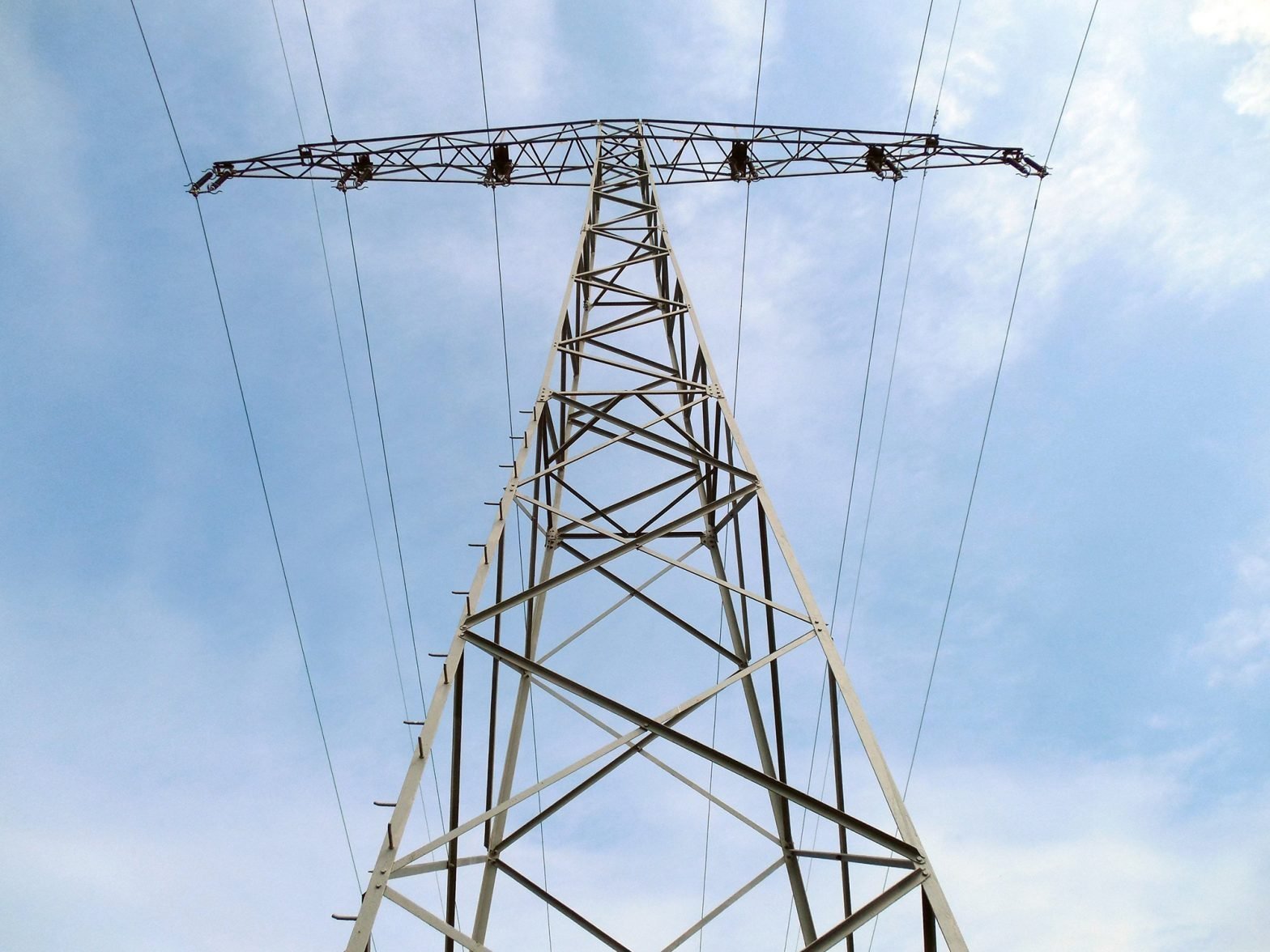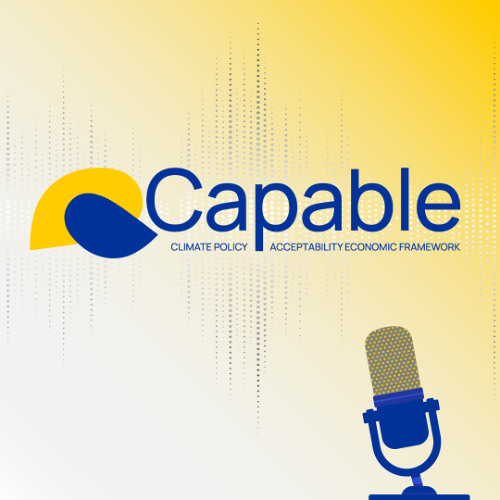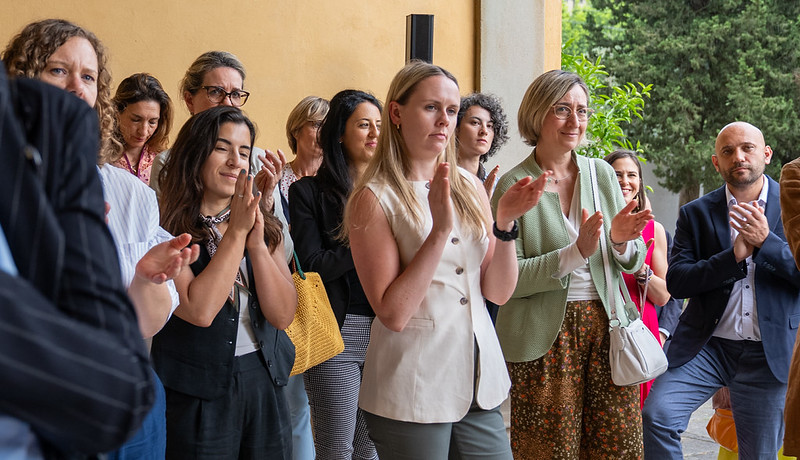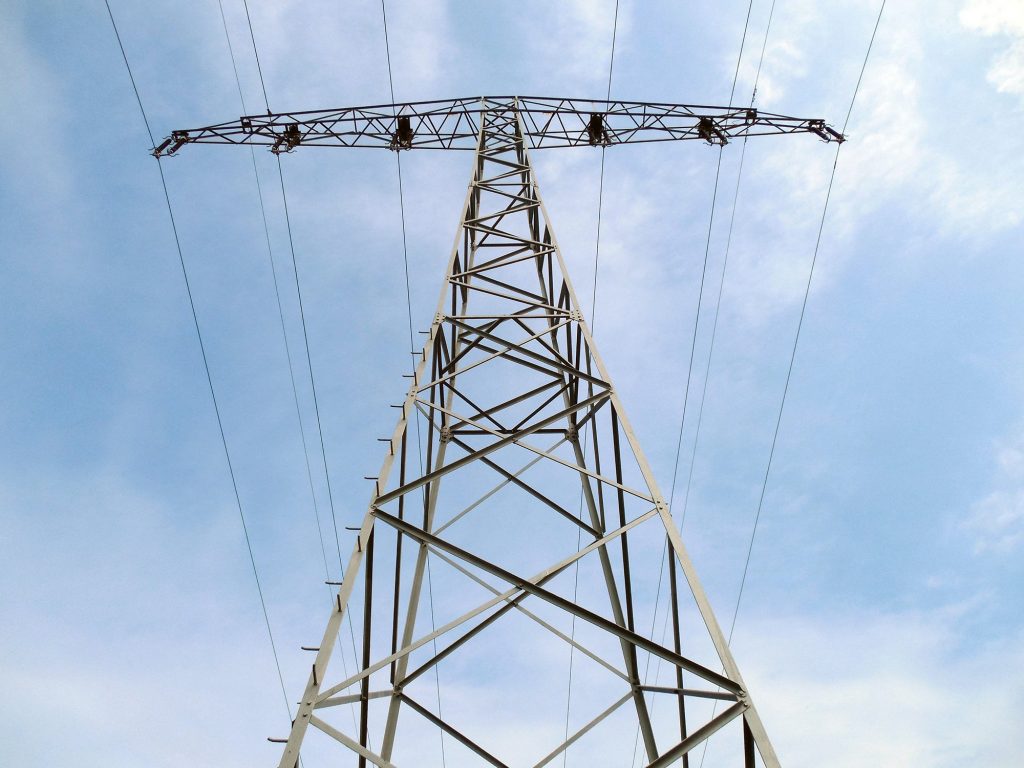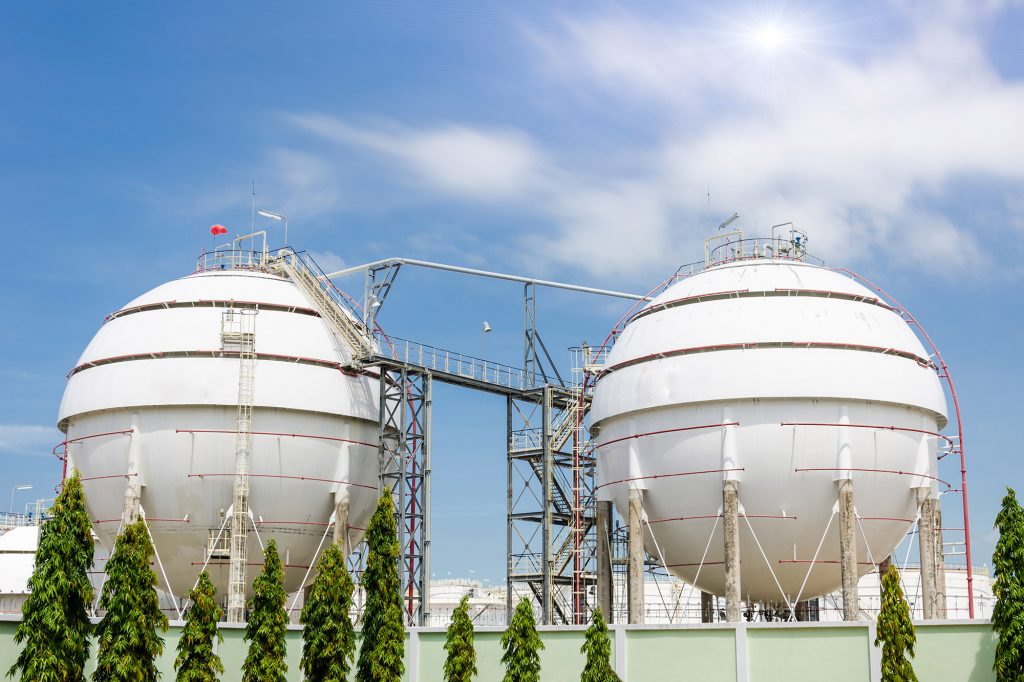Research
The School carries out applied research with the purpose of developing economically, legally, and socially-sound regulation and policy, using a multidisciplinary approach.
Independent aggregation in the nordic day-ahead market : what is the welfare impact of socializing supplier compensation payments?
This paper addresses the participation of independent aggregators (IAs) for demand response (DR) in European electricity markets. An IA is an aggregator trading the...
Executive Education
We offer different types of training: Online, Residential, Blended and Tailor-made courses in all levels of knowledge.
Policy Events
A wide range of events for open discussion and knowledge exchange. In Florence, Brussels, worldwide and online.
More
Discover more initiatives, broader research, and featured reports.

Lights on Women
The Lights on Women initiative promotes, trains and advocates for women in energy, climate and sustainability, boosting their visibility, representation and careers.





